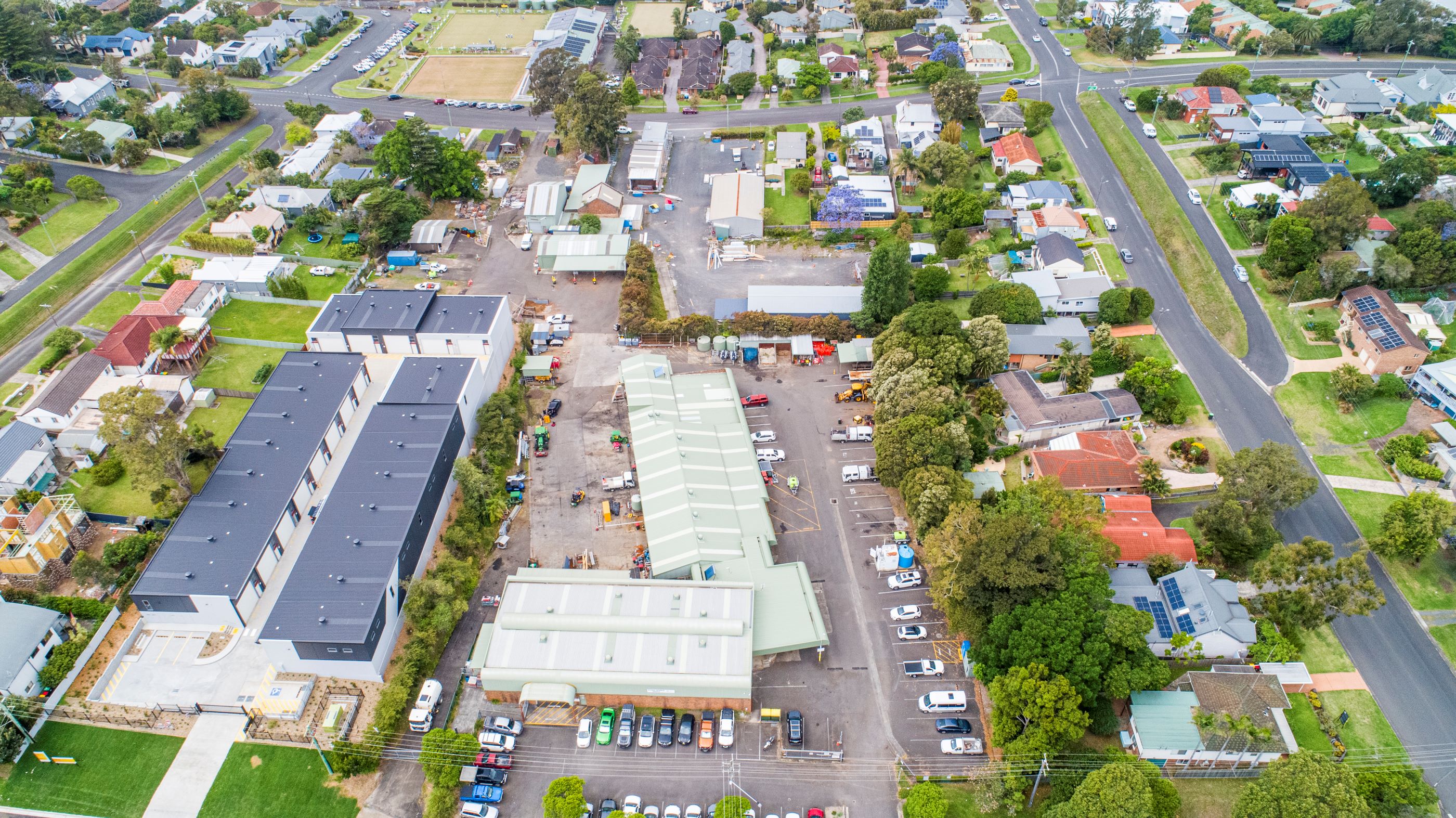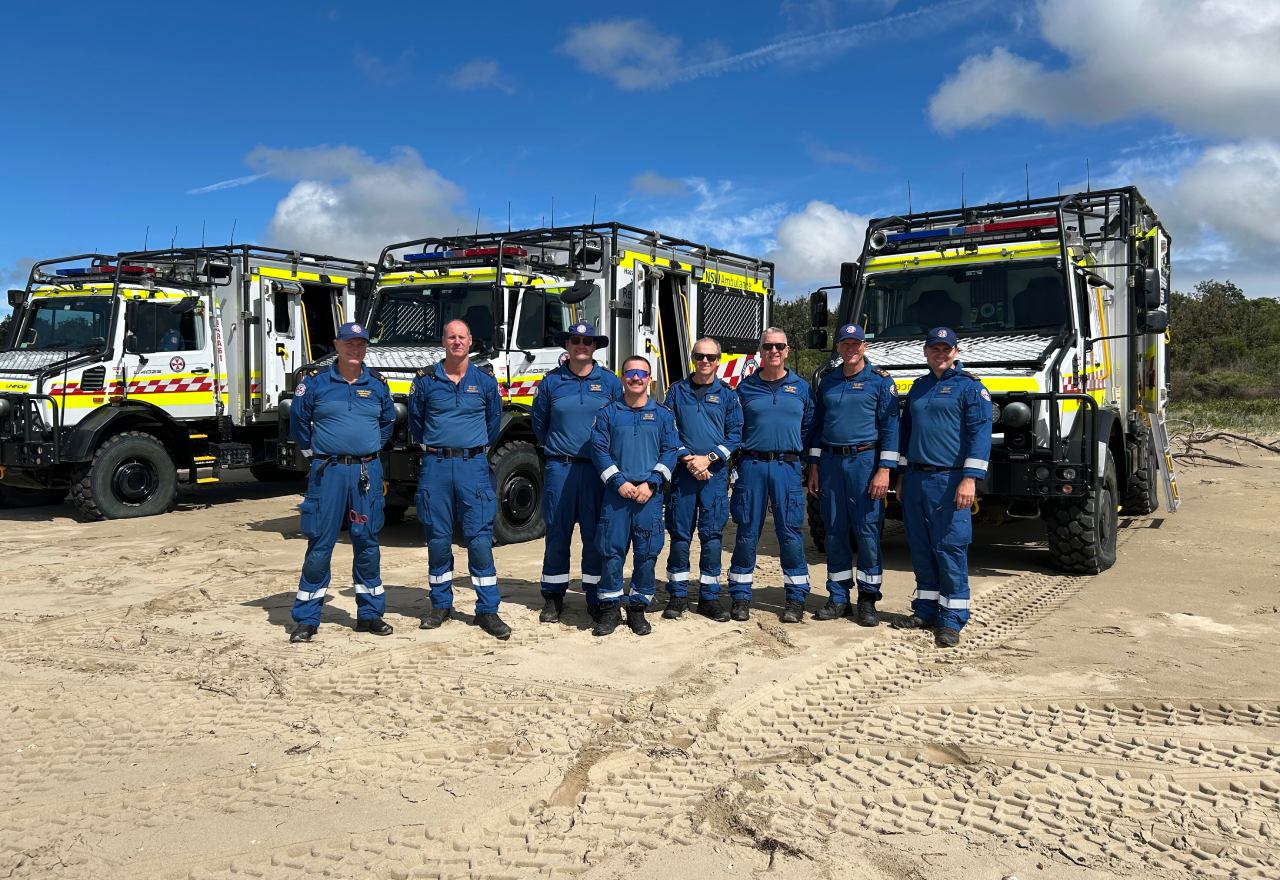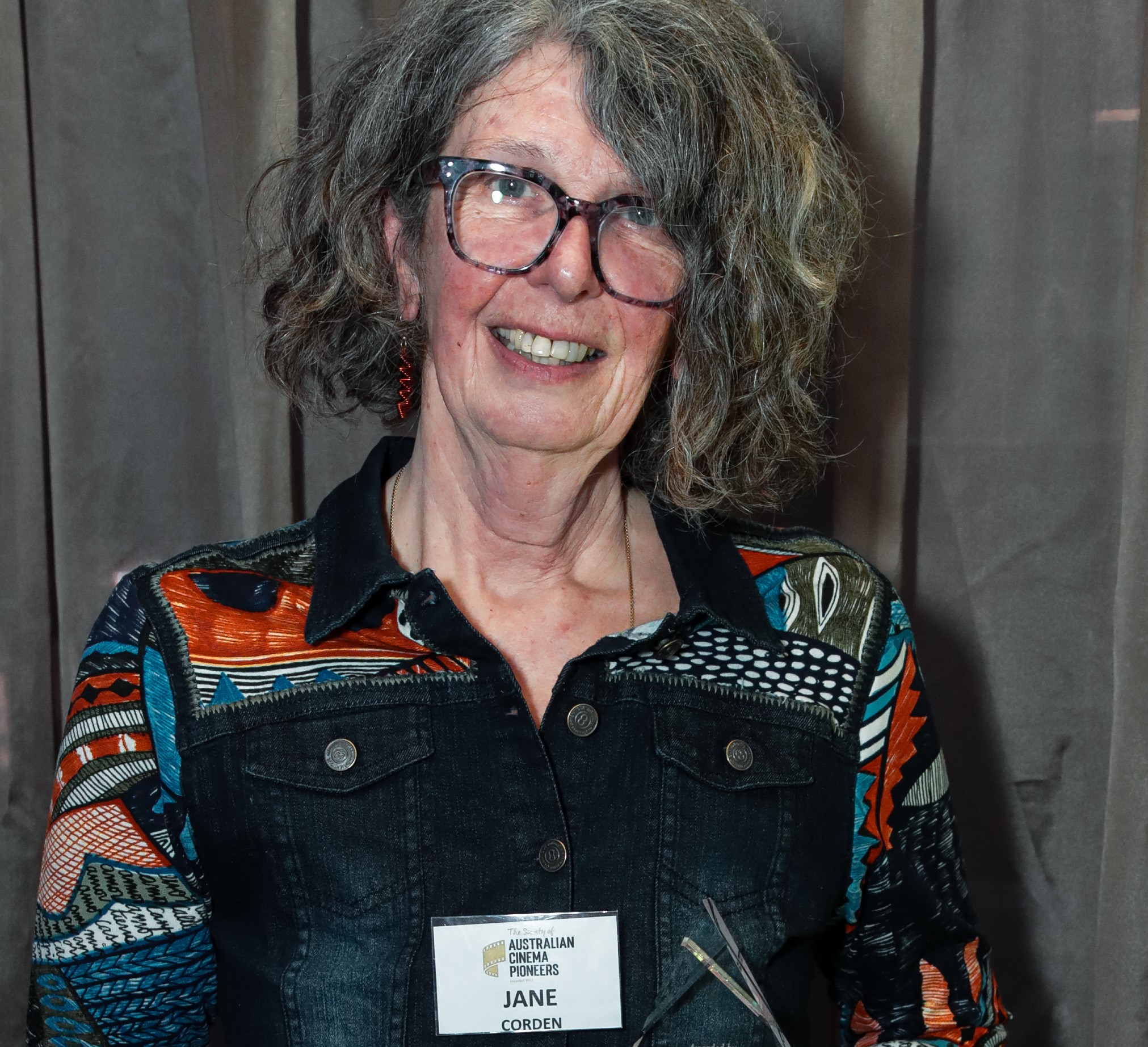Caitlin gives more than the gift of speech
Bugle Newsroom
09 November 2025, 7:00 PM
 Caitlin Guyatt.
Caitlin Guyatt.Speech pathologist Caitlin Guyatt not only gives her clients a voice, she also gives them the gift of time by providing a mobile service that comes to their door.
When Caitlin moved from Sydney to Shoalhaven Heads with her family she quickly fell in love with the area.
But she also realised that public transport was patchy at best and there were no mobile speech pathology services visiting clients in the comfort of their own home.
“It’s reasonably common to have a mobile service in Sydney but when I moved here there was nothing like that so I decided to create one,” explains Caitlin.
She set up Shoalhaven Speech and Swallowing Clinic, a mobile service that operates between Nowra and Kiama.
Some of the areas of speech pathology she can help with include swallowing difficulties like coughing or choking when eating or drinking, difficulty chewing food and swallowing tablets or food getting “stuck” in the mouth or throat.
Caitlin also helps with speech and voice changes - such as slurred or mumbled speech, vocal fatigue and difficulty being understood by others - and language changes like reading or writing difficulties, memory difficulties and problems thinking of the correct word or finishing sentences.
“I visit patients in the privacy of their own homes to provide therapy for voice, speech and swallowing changes.
“I work predominantly with adults, and many of my patients live with complex health conditions that mean they are less mobile than they would like to be.
“Some might even need a carer to help them get out and about to medical appointments. Having a mobile service that comes to their door removes that barrier.
“I see people in their homes where they feel most comfortable and if, for example, they have oxygen machines or specialised home supports, these are all set up for them.”
Caitlin specialises in voice, speech and swallowing therapy and says many of the people experiencing the issues she treats not only struggle physically but also socially.
“Swallowing issues for patients can often be accompanied by a sense of embarrassment if they are eating out and struggle to swallow or constantly cough while they’re having a meal,” she says.
Similarly, if someone has voice or speech issues and they are out for dinner in a noisy venue they might struggle to be heard.
Caitlin says many people take going out for a meal for granted but if you have voice, speech or swallowing issues it can be a huge barrier to doing the things you love in your community.
“I've had patients say to me ‘I don't want to eat out anymore because I'm coughing and spluttering so much and I'm too embarrassed’, or other patients say ‘my voice has become so soft people can't hear me and I have to repeat myself and I actually find myself avoiding conversations with friends and family’.
“I want people to know that they don't have to live with this, there is help available and you're not on your own.”
Caitlin says her mobile service also means she can work around people’s plans and schedules.
“Life can get busy, especially if patients have multiple health appointments or are relying on carers for transport.”
Having a door-to-door service means patients often share a small part of their world with Caitlin, “proudly showing her their family photos on the wall, or pointing out treasured items in their home," she says.
"By allowing me to see them at home it also takes away that pressure or anxiety they might be feeling about going out into the community.
“They are in a completely safe space in their own home, their husband, wife or other loved ones are there with them or in the next room, and it can be a much more personal experience.
"Having meaningful conversations and an insight into who my patients are helps to develop trust in the early stages of treatment, which means it's more likely to be successful.
“Since I’ve started working in the area I have just loved meeting so many people.
"Everyone is so genuinely friendly and just so thankful to have help. It really does make me feel privileged, and it really makes me feel like I'm doing meaningful work.”
Please note - this is paid content
NEWS




